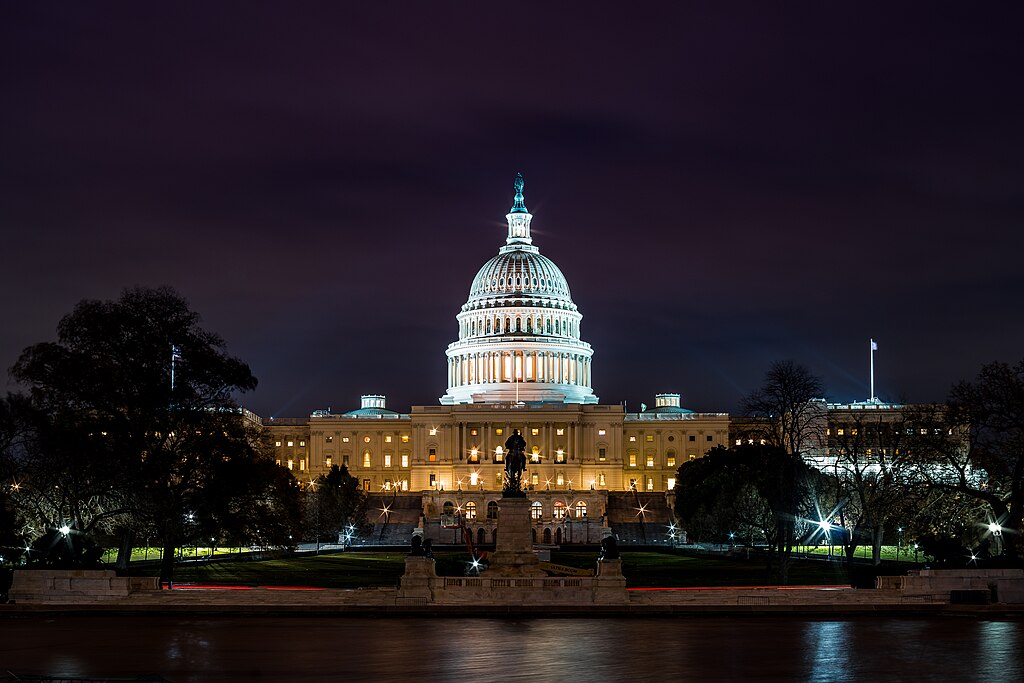
It happened…again.
For the third time in a Trump presidency, the government has shut down, This time, the sticking point is Democrats opposition to the GOP cutting Medicaid and the expiration of the Affordable Care Act (ACA) subsidies. These cuts are part of the One Big Beautiful Bill Act passed earlier this year in June. 123
To be sure, the only ones who think the bill is “beautiful” seem to be the GOP and its supporters. Others see the bill as damaging, dangerous and detrimental to Americans.
Republicans are blaming Democrats for the shutdown, while downplaying the fact that they hold both houses of Congress as well as the White House. Even Rep Marjorie Taylor Greene (R-GA) has called out her colleagues for continuing the shutdown.
So what is this going to cost Americans. Let’s look at some of the facts:
WIC – WOMEN, INFANTS, AND CHILDREN PROGRAM
According to the USDA and verified by Politifact, will be “subject to the availability of funding”. The department estimates that the program, which serves 6.9 million participants, will be able to continue operating for about a week.
State programs may be able to fill some of that gap but that depends on the individual state.
AFFORDABLE CARE ACT (ACA)
Anyone getting ACA subsidies will have to pay more. If the subsidies that Democrats are demanding are not agreed to, it is estimated that the average cost increase for those enrolled will be 79%, with state by state amounts ranging from 49% to 195%, very near to tripling their costs.
The cost increase won’t just come from premium increases. Those subsidies mean that enrollees will have to pay more money out of pocket to cover those premiums. Those hardest hit will be those in rural communities, whose average cost will increase 24% more than those in urban communities. Rural areas tend to have less income to work with, and these cuts will be very difficult to absorb.
GOVERNMENT WORKERS
Congress will, naturally, continue to get paid. Not so much for other government workers. 4 5 6
Approximately 750,000 federal employees will either be furloughed without pay, or continue to work without any guarantee of being piad later. This goes from offices in Washington, DC right to National Parks and a myriad of jobs in between. And if you are a contractor who had contracts with the government, you won’t be getting paid either.
That has a trickle effect through the various industries that supply the government. Some may be able to weather the shutdown with minimal impact to employees. Some may find it difficult to keep their doors open.
To make things more difficult, Trump has stated that he is looking at using the shutdown to not only furlough workers, but to outright fire them, cutting the size of government while there is no one on Congress to stop him.
FEMA – FEDERAL EMERGENCY MANAGEMENT AGENCY
We are are still in hurricane season. When the government shuts down, FEMA starts cutting back. While it is estimated that 84% will continue working, that last thing you want when a hurricane is coming is to worry that you won’t have the resources to recover.
The agency has about $2.3bn available, but that is considered low, and no new funding will come during the shutdown. Emergency operations will likely continue, but recovery efforts may be significantly slowed.
MEDICARE AND MEDICAID
One of the things that is currently a hard line for Democrats is the cuts to Medicare and Medicaid in the funsing bill passed in June. Those include cutting Medicaid spending by $793bn and dropping insurance for 7.8 million people.
Democrats want those cuts reversed and the ACA subsidies, implemented during the COVID pandemic, extended permanently.
THE ECONOMY
The shutdown is estimated to be costing the US economy $400m/day every day that the government remains shutdown. The number includes furloughes employees and reduced productivity from thise that have to stay behind and work, hoping that they get paid eventually. In the meantime, Speaker of the House Mike Johnson (R-LA) gave the House the week off. There are essntially no talks happening, and there will not be a vote on anything for at least a week.
Johnson stated that Republicans will not negotiate until Democrats agree to a short -term funding bill. This sounds reasonable, except that it a) kicks the can down the road, and b) removes any leverage that Democrats currently have.
WHERE IT STANDS:
Republicans are currently 5 votes short to overcome the filibuster in the Senate. If Democrats hold the line, the funding never gets off the ground. In the House, Republicans already have the votes, but without a compromise, their vote is meaningless. So the impasse remains. Until something passes in the Senate, this goes nowhere.
- https://www.aljazeera.com/news/2025/10/2/fact-check-us-2025-government-shutdown-talking-points ↩︎
- https://timesofindia.indiatimes.com/world/us/us-government-shutdown-extended-senate-votes-blocked-again-house-to-stay-out-of-session-next-week/articleshow/124300534.cms ↩︎
- https://www.theguardian.com/us-news/2025/sep/30/government-shutdown-healthcare-medicaid ↩︎
- https://apnews.com/article/government-shutdown-chuck-schumer-20e54a0f5e4fee909d0f9ea2c07c15e1 ↩︎
- https://www.washingtonpost.com/politics/2025/10/02/government-shutdown-costs-taxpayers/ ↩︎
- https://www.theguardian.com/business/2025/oct/02/government-shutdown-cost-economy-billions ↩︎

Leave a Reply